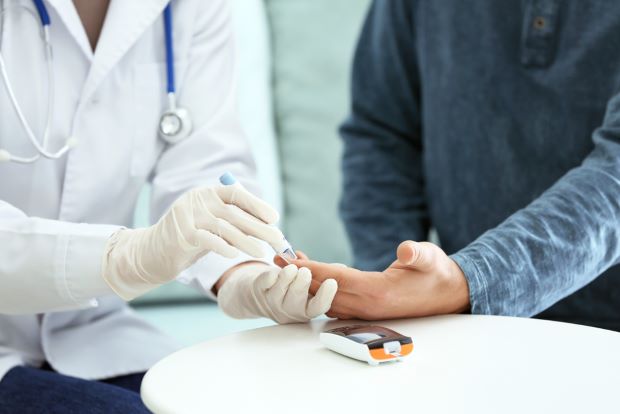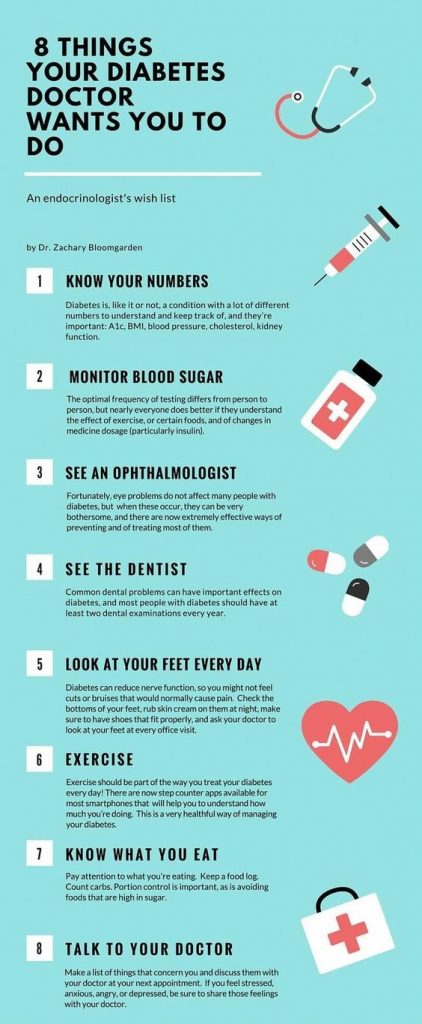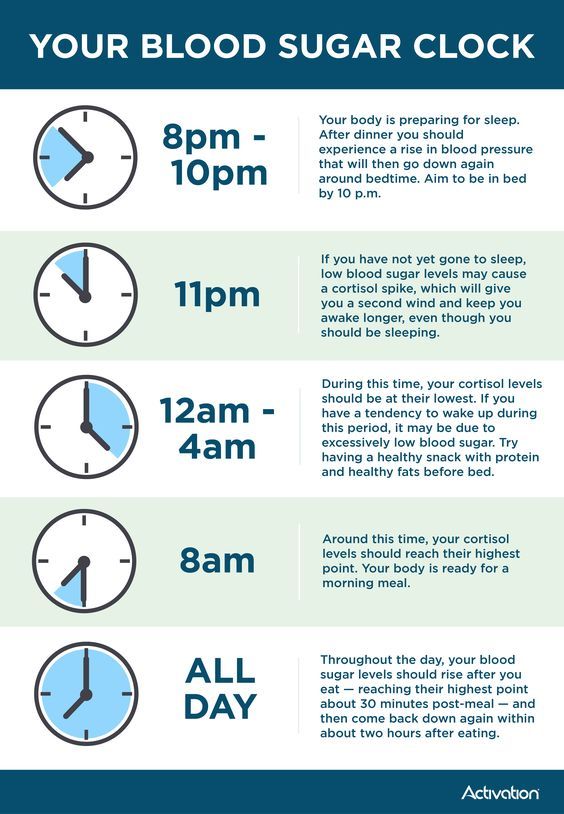The next read is an excerpt from “The Doctor’s Book of Survival Home Remedies”, Chapter: Diabetes, pages 129-130:
The COVID-19 is terrifying for any healthy person, but what about those who are considered “high risk?”
The Centers for Disease Control and Prevention and the World Health Organization say COVID-19 can be particularly dangerous and even fatal to older adults and people with chronic illnesses like heart disease, lung disease, and diabetes.
It is important to understand that diabetes can influence the evolution of SARS-CoV-2 infection and the measures that should be taken among diabetics to protect against infection and its severe evolution.
COVID-19 is not the only communicable respiratory disease that manifests itself in a severe form in diabetics: both influenza, pneumonia with other germs, and SARS and MERS, coronaviruses that have caused epidemics in the past, can develop fulminant in an affected organism. diabetes. This is why the annual vaccination of patients with diabetes, considered a high-risk group, against influenza and pneumococcus, is indicated.
The mechanism by which diabetes complicates the evolution of COVID-19 is not known exactly. Studies on other infections that overlap with diabetes describe hyperglycemia as a promoter of immunosuppression. In addition, diabetes is associated with cardiovascular and kidney disease and older age, and all of these factors contribute to the severe evolution of infections. The interaction between diabetes and the virus is complex, and it is not clear whether hyperglycemia contributes to SARS-CoV-2 virulence, or whether it alters carbohydrate metabolism. In addition, the metabolic imbalances caused by diabetes are multiple and lead to a pro-inflammatory and pro-oxidative status in the body, which decreases resistance to the virus.
Understanding Diabetes
It’s a pretty good bet that you know someone – maybe yourself – who has diabetes. Diabetes affects how the body processes glucose, a substance often referred to as blood sugar. In short, this disease causes excess sugar in the blood.
Diabetes has been around for eons. It was first recognized by a guy named Hippocrates on the island of Kos in Greece. Hippocrates was a physician who became known as the Father of Western Medicine. More importantly, though, Hippocrates gets credit for being the first doctor who believed that illnesses – including diabetes – occurred because of environmental and lifestyle conditions, not thrust upon people by angry gods or caused by superstitions.
The story goes like this. Hippocrates noticed that the urine of certain people attracted bees (remember that Hippocrates lived from about 469 BC to 370 BC – peeing outdoors was not unusual). Intrigued, he tasted the urine and found out that it was, indeed, very sweet.
Hippocrates observed these folks and noticed they were unusually hungry and thirsty and made the connection between those characteristics and the sweet pee. Literally, they were so full of sugar that they were peeing it out.
Fast forward 2,500 years or so, and diabetes is still with us – in a big way. In the last 40 years, the rate of diabetes among adults has increased from 4.7 percent to 8.5 percent. While that’s a worldwide figure, it’s particularly prevalent in Western societies. This is largely due to the overprocessed state of the foods we eat, and especially the high content of simple carbohydrates. They quickly break down and convert to sugar in our diets.
>>> GET THE BOOK TO DISCOVER THE FULL CHAPTER <<<
Three Main Types of Diabetes
If you have Type 1 diabetes[1], your body does not produce insulin, a hormone made in the pancreas. Insulin helps your body move glucose from the bloodstream into your cells, muscles or liver. There it gets converted into energy or stored for later use.
That happens when an autoimmune disease causes your own body to attack its pancreas, making the pancreas incapable of producing insulin. Type 1 diabetes used to be called juvenile diabetes because it occurs in people of all ages. But in fact, it isn’t a childhood disease. More adults than children have Type 1 diabetes – and they all rely on insulin shots to survive.
If you have Type 2 diabetes[2], which is far more common than Type 1, your body does make insulin. But it has trouble processing it because your body either doesn’t make enough insulin to move the glucose into the cells. Or your cells become resistant to the effects of insulin, preventing glucose from entering them.
When your body doesn’t make enough insulin or your cells become insulin resistant, glucose remains in your bloodstream instead of moving into the cells. That causes high blood sugar.
Having too much glucose in your blood takes a toll over time. It causes inflammation, which results in shrinkage of the blood vessels. When your blood vessels become small and brittle, blood has a hard time getting through and your organs essentially starve. It also causes your blood pressure to rise and contributes to plaque formation, which can lead to a stroke or heart attack. Excessive glucose also affects your nerves, eyes, and kidneys.
Another form of the disease, gestational diabetes[3], develops during pregnancy and can affect the health of the baby and mother. Blood sugar levels usually return to normal in the mother after birth, but she remains at risk for Type 2 diabetes.
Diabetes is tricky because it often goes undetected for long periods of time. According to the 2017 National Diabetes Statistics Report from the Centers for Disease Control and Prevention (CDC), 30.2 million Americans were living with diabetes in 2015. It’s predicted that as much as 66 percent of the population is on the way to becoming diabetic. Of 30.2 million diagnosed, however, more than 7 million were unaware that they had the disease.
Of another 84.1 million people living with pre-diabetes[4], less than 12 percent were aware of the condition. That could be a disastrous burden on our society because, if untreated, pre-diabetes often turns into full-blown diabetes within five years.
Fortunately, diabetes is a controllable disease. If you’re very overweight or obese, losing some weight should definitely be a goal. Some doctors recommend bariatric surgery[5] as a possible cure for Type 2 diabetes, but many people view that as extreme. Enough exercise is critical too because it increases insulin sensitivity, which can lower blood sugar. Plus, it may aid in losing weight.
Methods of controlling your blood sugar levels and avoiding potential complications and problems from diabetes are not difficult. Try eating foods high in fiber, controlling carbohydrate intake, limiting how much you eat and drinking plenty of water. Diabetes has become a very prevalent disease, but with some education and knowledge you can learn to avoid it, or if you do get it, how to control and manage it.
>>> GET THE BOOK TO DISCOVER THE FULL CHAPTER <<<
It is forbidden to replicate any of the above content without Dr. John Herzog’s consent. However, in order to support the discounts and donations we’re making, we depend on free advertising. The doctor needs your help in sharing this with the world.
Resources
[1] http://www.diabetes.org/diabetes-basics/type-1/
[2] http://www.diabetes.org/diabetes-basics/type-2/?loc=db-slabnav
[3] http://www.diabetes.org/diabetes-basics/gestational/
[4] https://medlineplus.gov/prediabetes.html
[5] https://www.ncbi.nlm.nih.gov/pmc/articles/PMC4391395












Jack London | June 14, 2020
|
I have been suffering from diabetes for a very long time and I find your article useful.